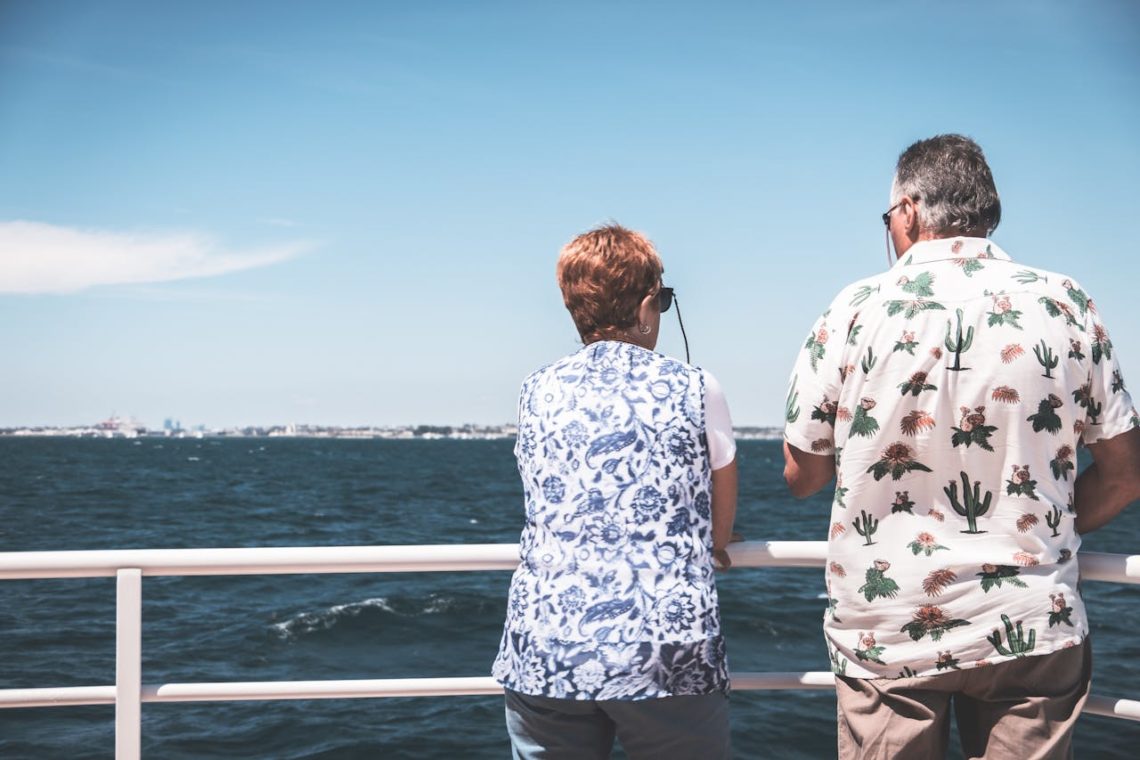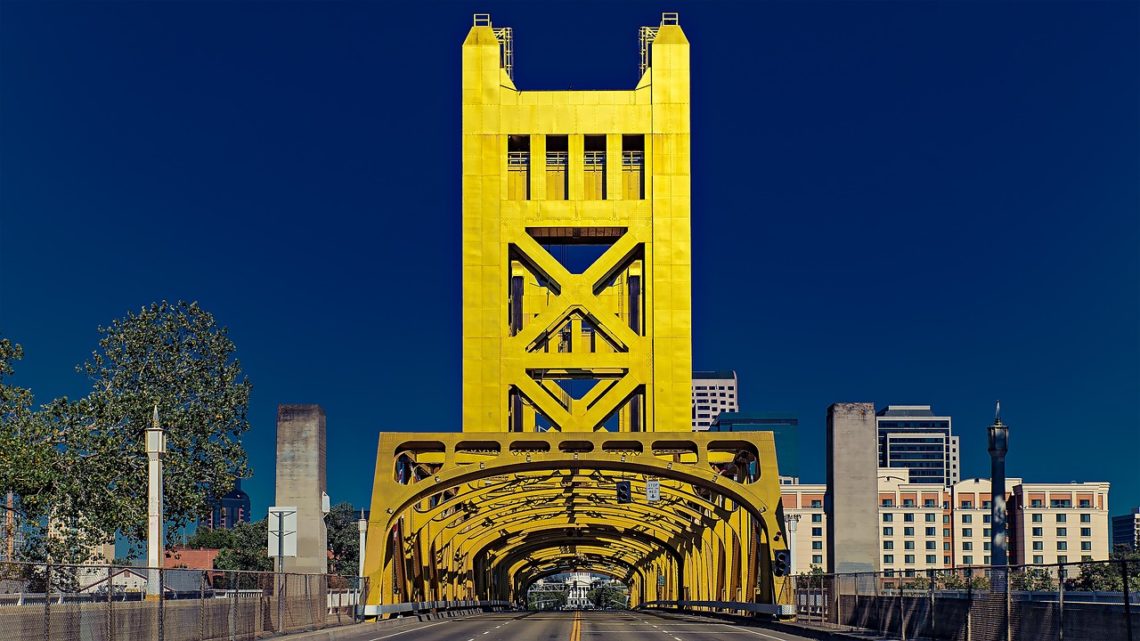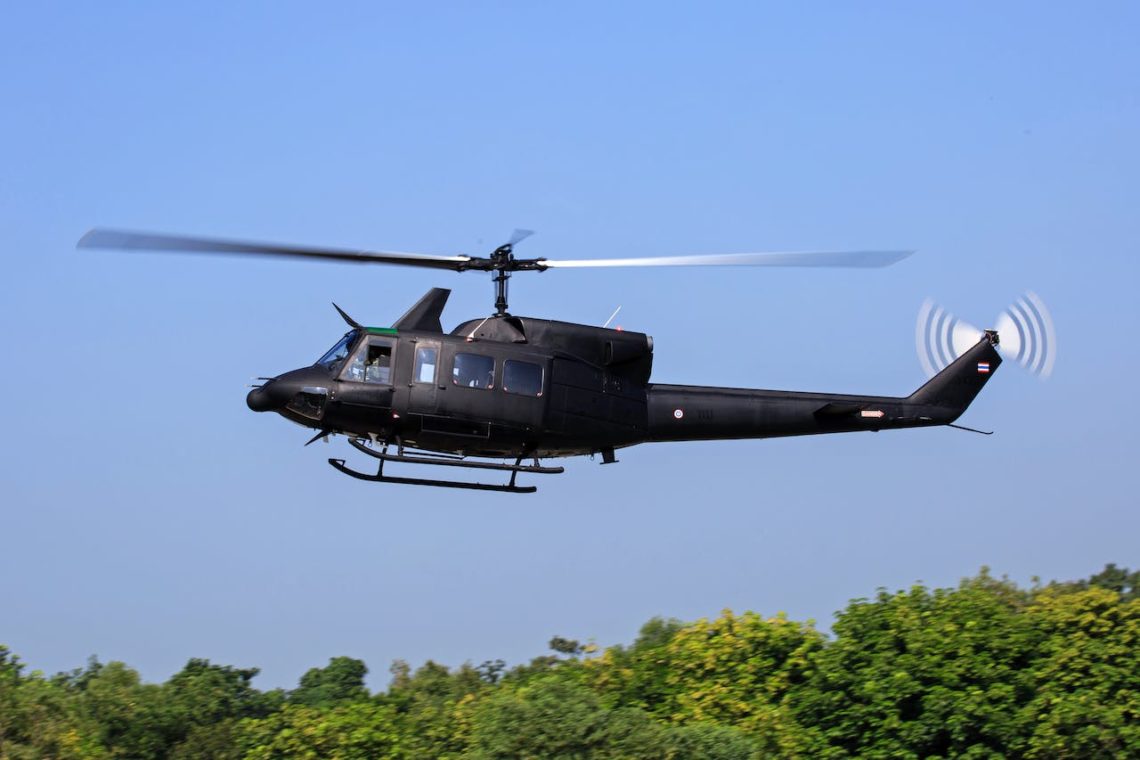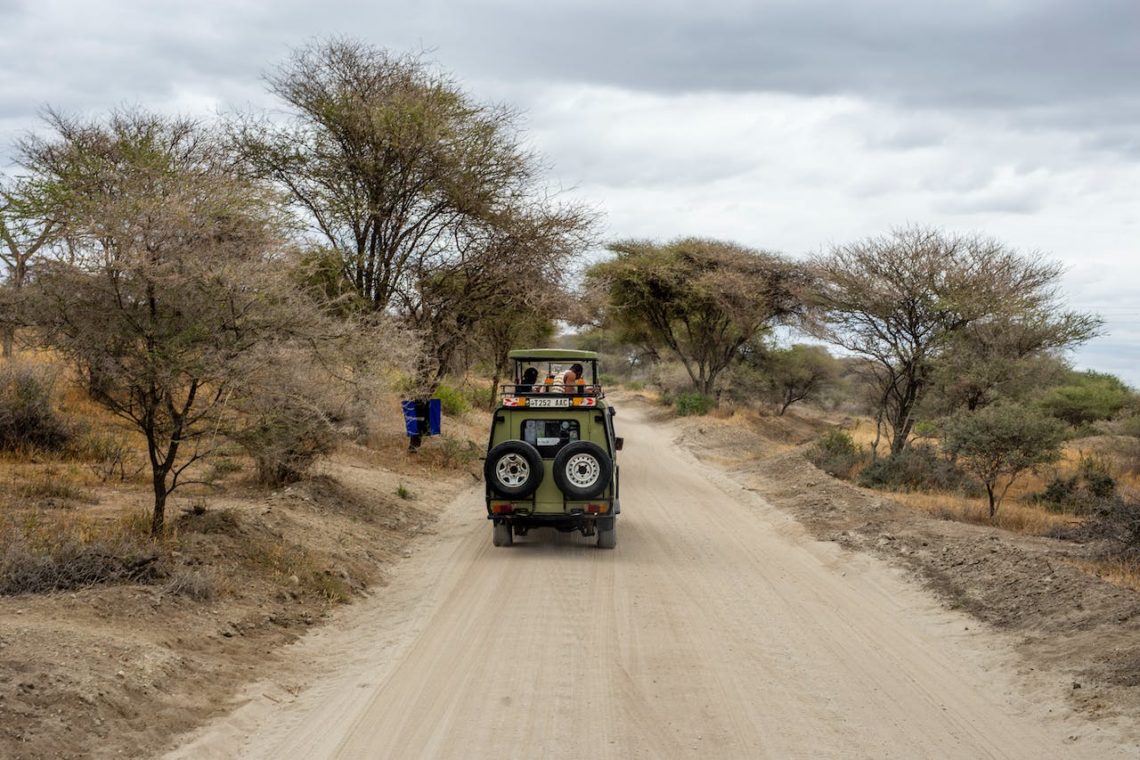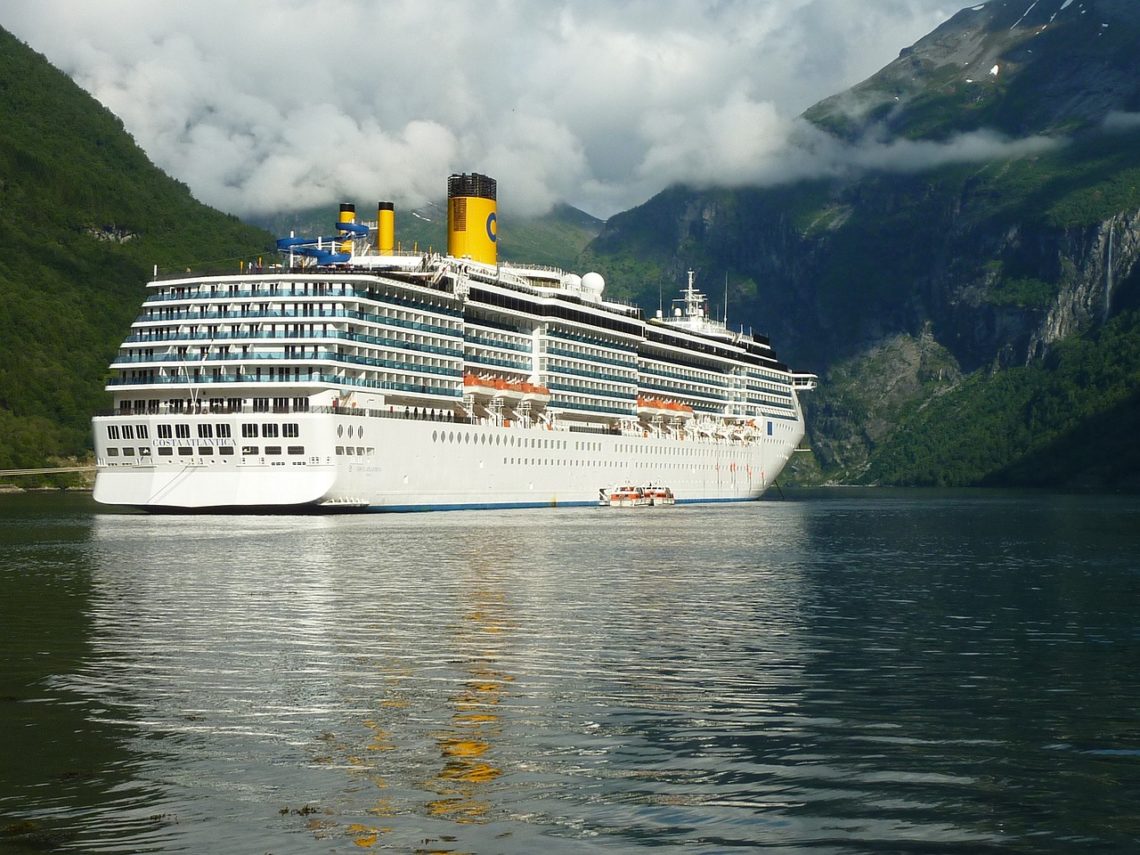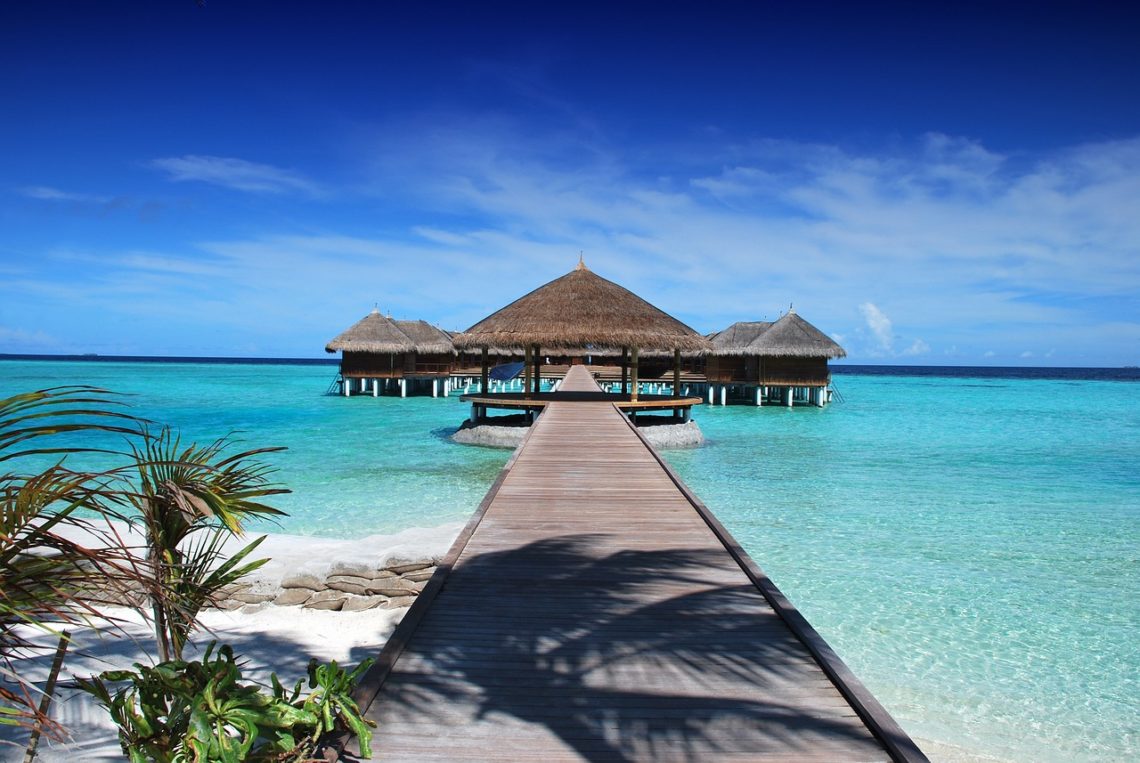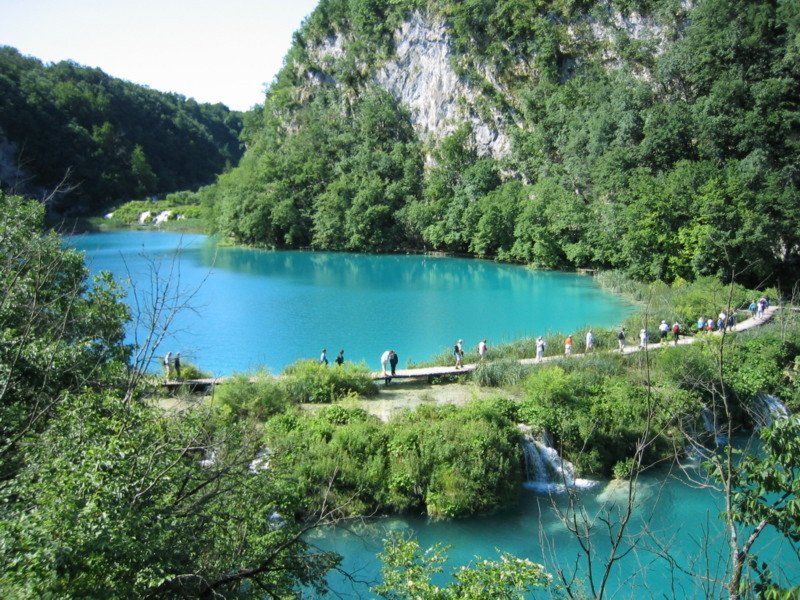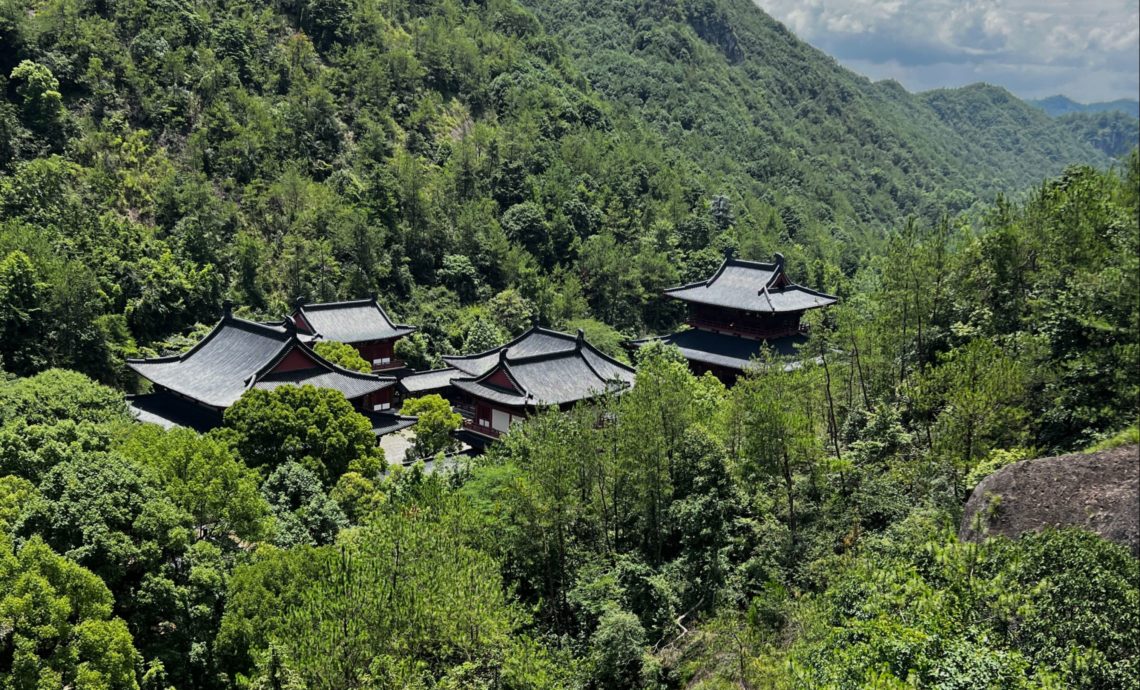How To Go On A Cruise As A Senior
Explore the perfect blend of relaxation and adventure with a cruise for seniors. Discover health tips, onboard amenities, and the joy of seamless travel.
Golden State Getaway: Travel Tips for a Sacramento Adventure
Explore the wonders of Sacramento travel with our insider guide! Discover top attractions, transportation tips, and local culture for a memorable visit to California's vibrant capital city.
Helicopter Terms to Watch Out For
Discover fascinating helicopter terms like cyclic, collective, and antitorque pedals. Unveil the language of helicopter aviation in this engaging exploration.
7 Types of African Safaris: Different Ways to Experience a Safari
Explore diverse types of African safaris, from guided drives to balloon rides and horseback journeys. Find your ideal adventure in Africa's stunning wilderness.
European Sailing Destinations – 4 Exciting Choices
Discover top European sailing destinations—Northern Europe, the British Isles, Croatia's Adriatic coast, and the Mediterranean. Explore fjords, castles, and ancient ports on these captivating cruise adventures!
Vacation in the Maldives: A Paradise in the Indian Ocean
Plan your dream vacation in the Maldives—a paradise of 1200 islands, stunning beaches, and diverse activities. Explore vibrant marine life, unwind amidst serene landscapes, and discover the allure of this captivating Indian Ocean destination.
7 Amazing Natural Wonders to Add to Your Bucket List
Explore the wonders of our world, from the Blue Hole in Belize to Yosemite National Park. Remember, these natural sites may not be around forever.
Exploring Jinyun County – A Hidden Gem Near Shanghai
Discover the hidden gem of Jinyun County, located just two hours from Shanghai, offering hiking, temples, and beautifully transformed quarries. Experience the enchanting Yellow Emperor Temple and Mount Buxu, followed by captivating live performances of traditional Wuju opera in the quarries showcasing vanished craftsmanship.
What Are the Essentials You Need for Camping?
Prepare for your next camping adventure with our essential gear checklist. Discover must-have items and tips for a safe and enjoyable outdoor experience.
Plan the Perfect Surprise 30th Birthday Trip for Him
Weather you are planning a surprise trip for your spouse, fiancé, or boyfriend, the key would be clear surprise. An impromptu birthday surprise is a joyful experience that your partner will never ever forget in his life. If you are searching to know how to manage it, we have made clear steps to arrange and plan the perfect gateway for his 30th birthday.
Unveiling Hidden Gems: 7 Stunning Destinations to Explore
Exploring off-the-beaten-path destinations frequently leads to the most awe-inspiring travel experiences. In this article, we'll take you on a tour to seven lovely locales that are just waiting to be found. From South Iceland's otherworldly landscapes to Corsica's charming countryside, each site provides a distinct blend of natural beauty, cultural charm, and amazing activities.
Where Are Some Of The Best Cold Weather Places To Visit?
When most people think about a relaxing holiday, images of hot weather and sandy beaches usually come to mind. For some, however, an escape means a retreat into the cold. Maybe you've had enough of the hot summer weather and you need a break. If this describes you, then finding a nice, cold place to visit needs to be at the top of your travel itinerary.

